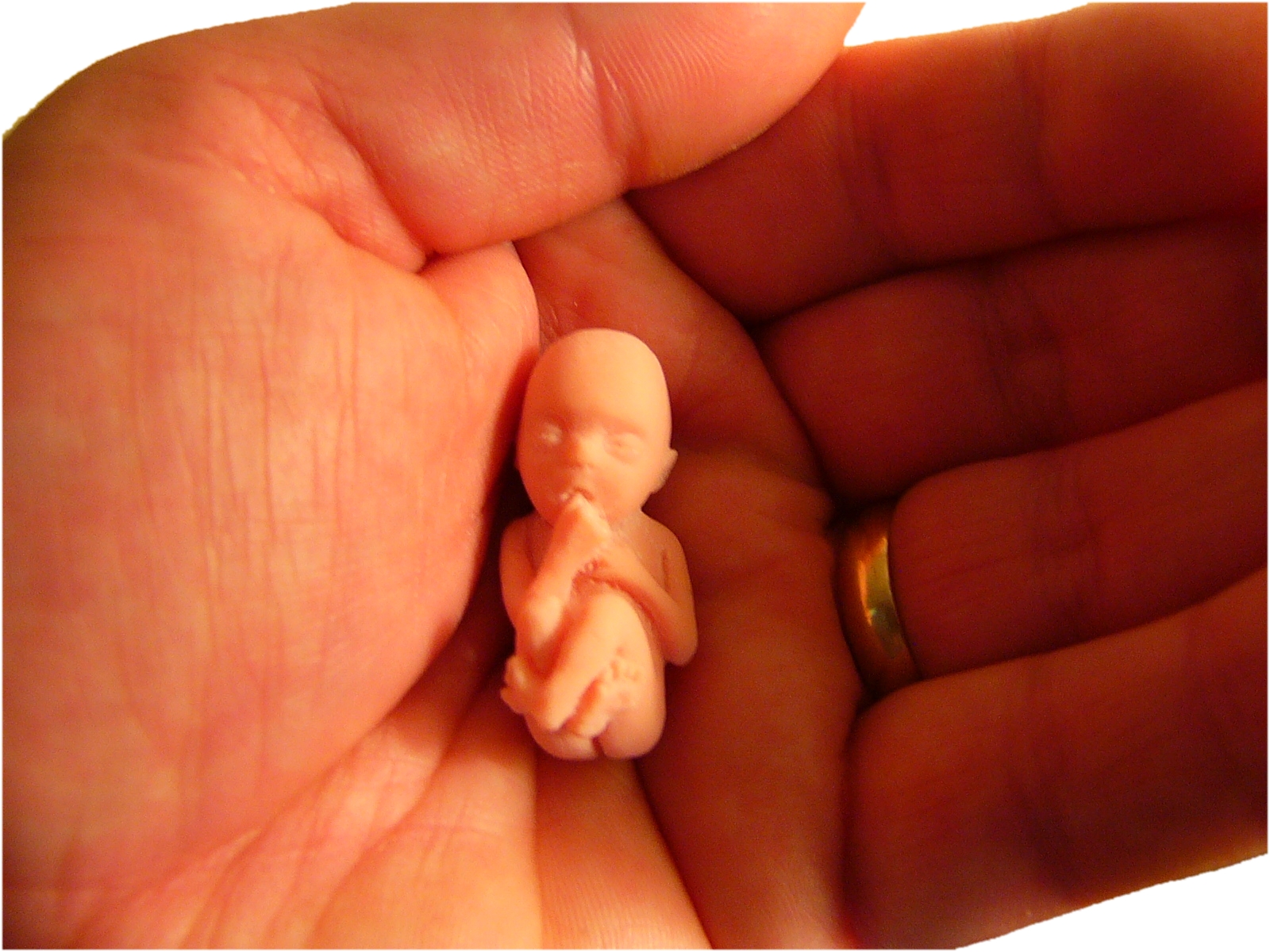
THURSDAY, Aug. 2 (HealthDay News) — Changes to the composition of gut microbes that would normally cause health problems such as weight gain and inflammation may actually be beneficial to expectant mothers, according to researchers.
In conducting the study, published in the Aug. 3 issue of the journal Cell, the researchers examined stool samples taken from 91 pregnant women. They found that the composition of the women’s gut microbes changed over time, from the first trimester of their pregnancy to the third trimester.
“This is the first in-depth characterization of the gut microbiota associated with pregnancy,” the study’s senior author, Ruth Ley, of Cornell University, said in a journal news release. “The findings suggest that our bodies have coevolved with the microbiota and may actually be using them as a tool — to help alter the mother’s metabolism to support the growth of the fetus.”
Over the course of their pregnancy, the women’s gut microbes became less “normal” and less diverse. The investigators also found that the number of beneficial bacteria declined as levels of disease-related bacteria increased. There also was evidence that inflammation increased during the women’s pregnancies.
“The changes in gut microbes were not related to diet, so we think the immune system or hormones play a role,” Ley noted.
The researchers then transferred the gut microbes of the pregnant women to healthy mice. They found the mice that received microbes from the third trimester got fatter and had higher levels of inflammation markers and worse blood sugar metabolism than mice that received first-trimester microbes.
“By the third trimester, the microbiota can induce changes in metabolism,” Ley said. “In the context of pregnancy, these metabolic changes in the mother are healthy, because they promote energy storage in fat tissue and help support the fetus. Outside of pregnancy, however, these changes can lead to the development of type 2 diabetes and other health problems.”
More information
The U.S. Department of Health and Human Services has more about body changes during pregnancy.

